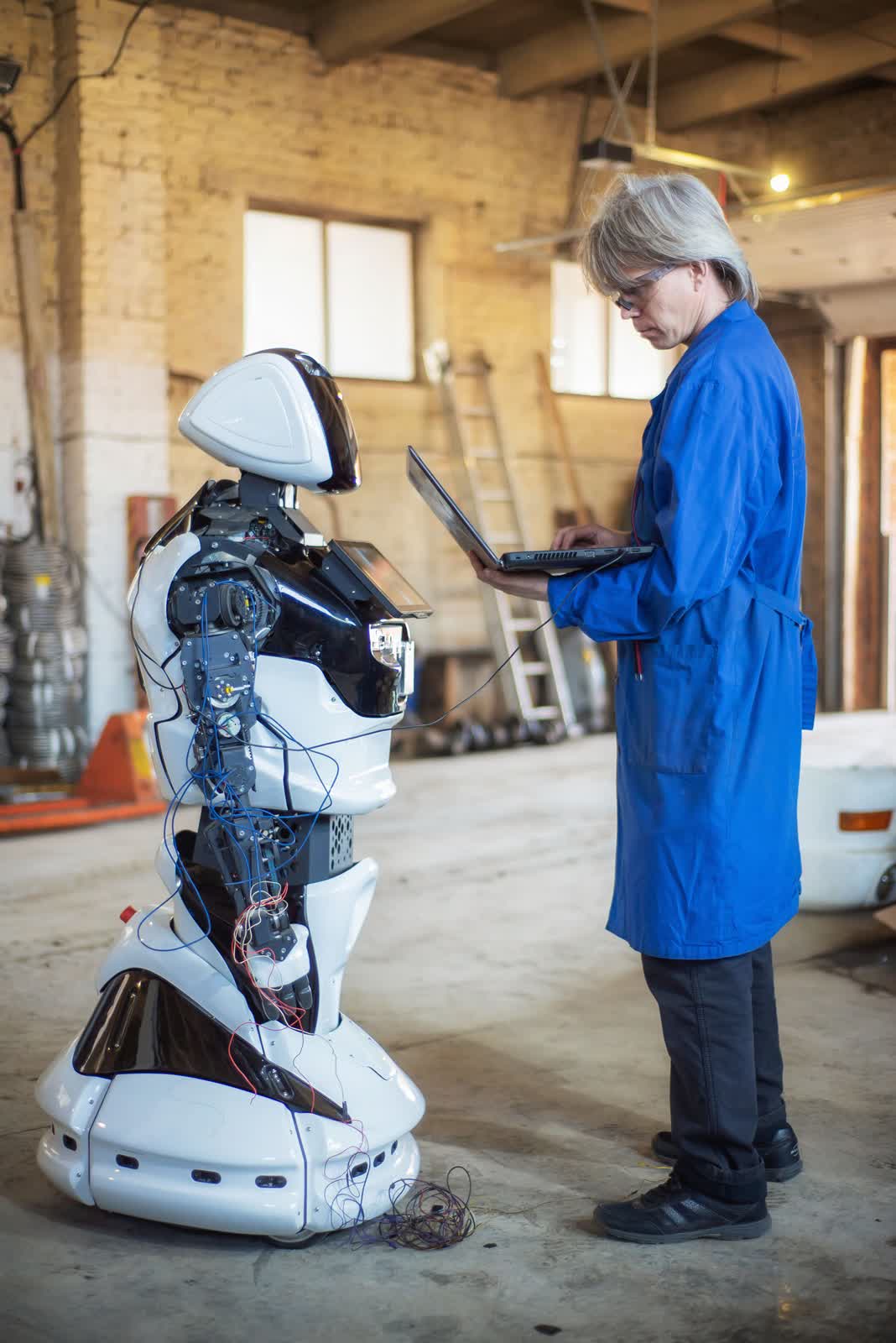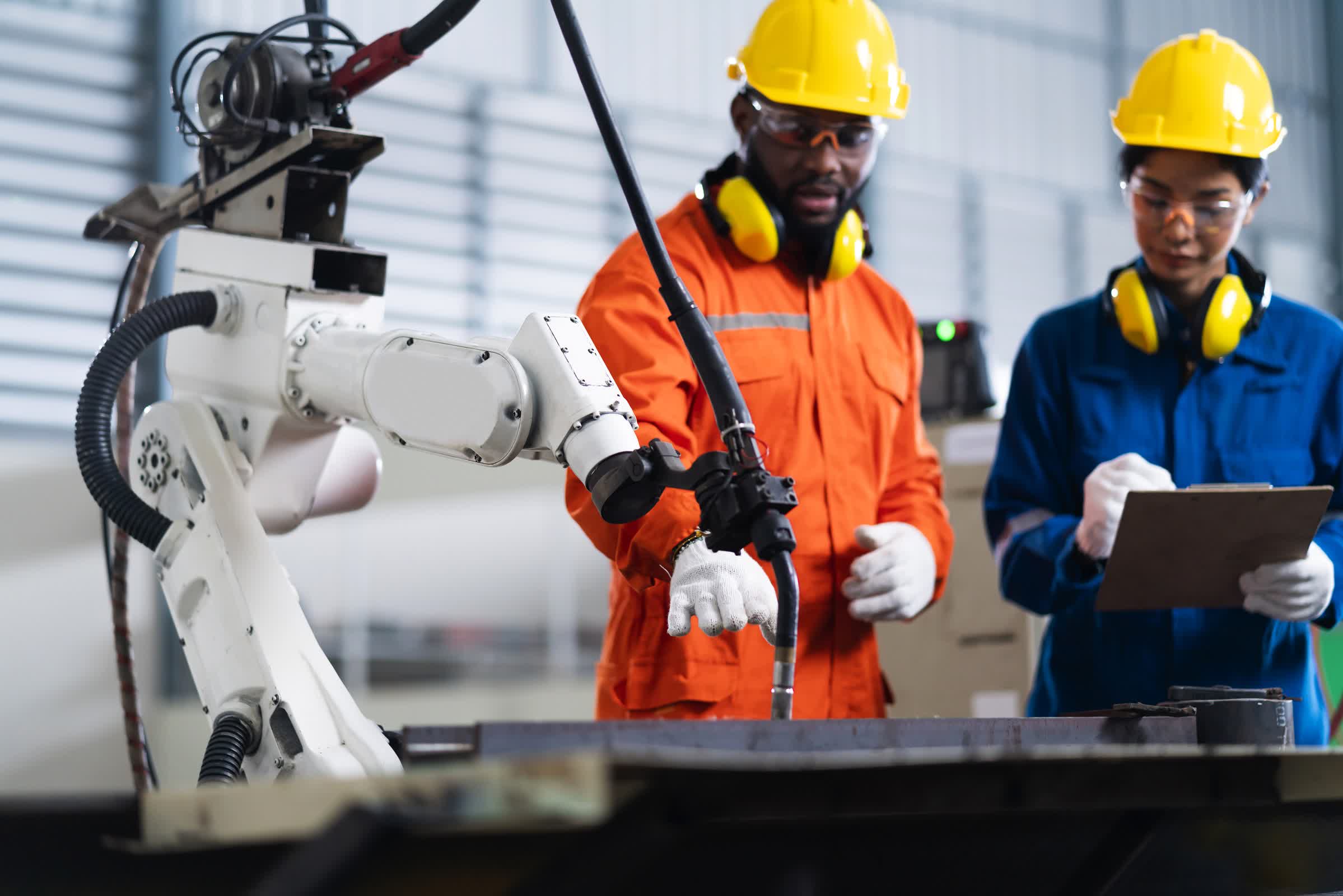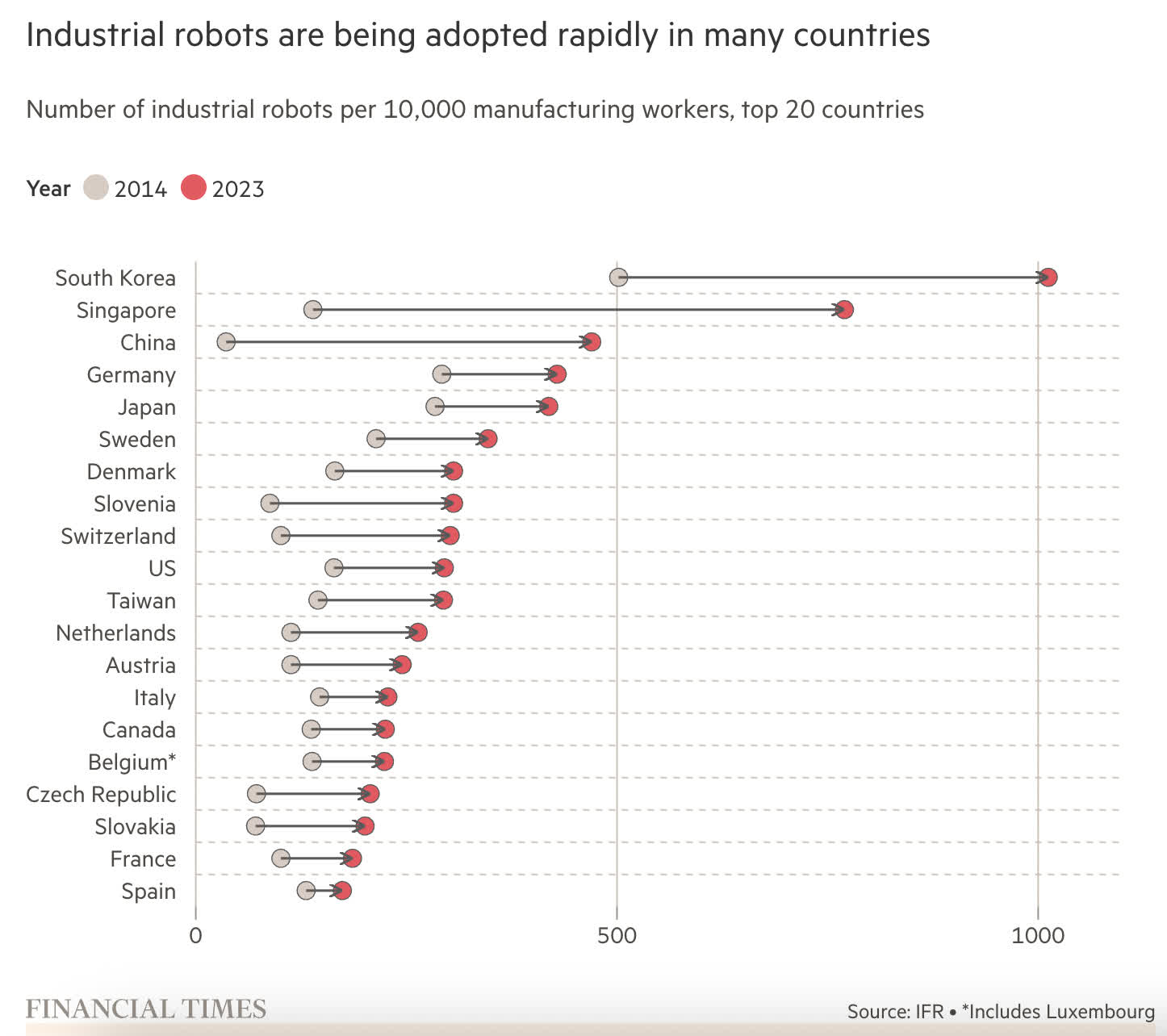Finding the balance: Workplace automation has long promised to relieve humans of tedious tasks, freeing them to focus on more meaningful and satisfying work. Yet, as automation spreads across industries, new research raises doubts about whether robots truly improve the work lives of employees.
Recent academic studies reveal a more complex reality. One investigation, led by Professor Milena Nikolova at the University of Groningen, analyzed data from across Europe and found that workers in highly automated sectors often experience a diminished sense of purpose. Rather than feeling free, many report their jobs have grown more monotonous – their autonomy eroded. Nikolova told the Financial Times that robots tend to standardize processes, leaving workers with fewer decisions about tasks and pace. This loss of agency, she argues, can seriously impact engagement and job satisfaction.
The psychological effects of automation extend beyond Europe. A recent study of factory workers in China found that while robots reduce some physical burdens, they also increase mental stress as employees worry about job security. This dual effect – better physical conditions paired with greater psychological strain – shows that integrating robots into the workplace is far from a simple win.
Outside academia, labor organizations have raised similar concerns. Eurofound, a European Union agency, reports that employees working alongside robots often face increased isolation and heightened surveillance. These findings align with researchers' warnings that, if poorly managed, automation can render the workforce less skilled – particularly in lower-paid, entry-level positions. Matt Beane, a researcher affiliated with UC Santa Barbara and MIT, notes that as tasks become more routine and less challenging, workers may find their jobs less fulfilling.
It's worth noting that automation has expanded rapidly, impacting not only factory workers but also highly skilled professionals. Drone pilots and surgeons who use robotic tools often report that, while their work has become safer, it has also become more repetitive and less engaging.
Some robotics researchers are exploring how to design machines that facilitate more effective collaboration with human colleagues. At Cardiff University, for instance, scientists are developing robots for use in space that can make independent decisions. However, they have observed that as robots become more capable, the human role can become less central, sometimes leading to boredom or disengagement.

Despite these concerns, robotics companies stay optimistic. Firms like ABB are pushing "collaborative robots" that feel approachable and easy for workers to operate. Meanwhile, manufacturers such as Fanuc are exploring robots that can read and respond to human emotions – working toward more empathetic, human-friendly partners on the job.
Robots are already prevalent in large-scale operations, such as Amazon fulfillment centers, where the company ensures its machines work safely alongside human employees. To keep repetitive tasks engaging, Amazon has introduced competitive mini-games for workers and actively encourages their feedback on automation experiences.
Looking ahead, experts like Professor Nikolova emphasize the importance of involving employees in new technology rollouts and offering reskilling opportunities. She notes that while automation may displace some jobs, it also creates new roles and challenges we're just starting to understand. The key lies in aligning technological progress with efforts to preserve and enhance the meaning and satisfaction people derive from their work.

